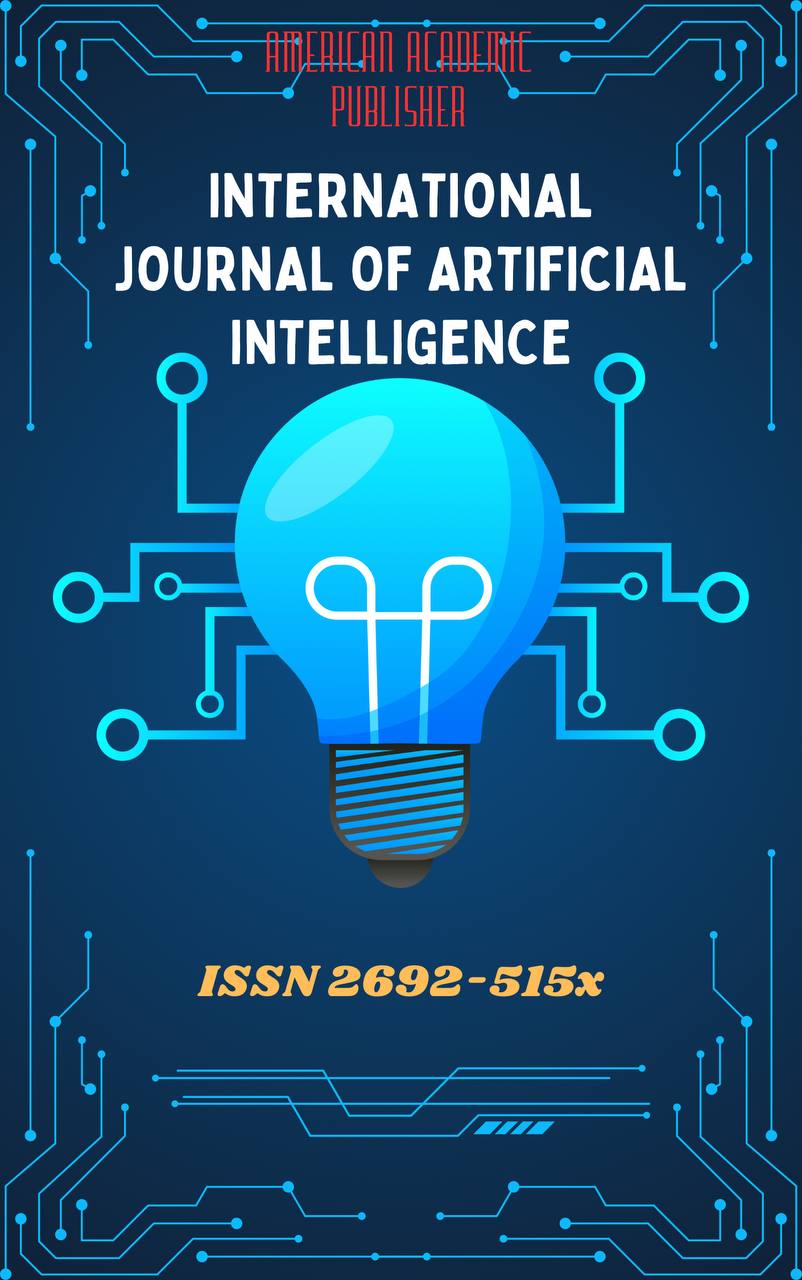 Articles
| Open Access |
Articles
| Open Access | MODERN UZBEK LANGUAGE
Khujanov Kholbuta Khudoykulovich , University of Economics and Pedagogy Senior Lecturer of the Samarkand CampusAbstract
This article delves into the contemporary state of the Uzbek language, highlighting its evolution, current usage, and the influence of modernization and globalization. The paper explores the factors that have shaped the Uzbek language over the years, including historical events, the role of government policies, and the impact of external languages such as Russian and English. It also discusses the language's role in preserving cultural identity, while adapting to the demands of the modern world. The article examines key aspects such as language standardization, the emergence of new vocabulary, and the challenges of maintaining linguistic purity in an increasingly globalized society. The research underscores the importance of the Uzbek language in the cultural, educational, and social spheres of Uzbekistan.
Keywords
Modern Uzbek language, language evolution, globalization, linguistic standardization, cultural identity, language policy, language adaptation.
References
Karimov, I. A. (1991). Language and Identity in Modern Uzbekistan. Tashkent: State Publishing House.
Tashkent, R. (2014). The Role of the Uzbek Language in Contemporary Society. Journal of Central Asian Studies, 18(4), 23-30.
Jamilov, R. (2018). The Influence of Russian and English on the Uzbek Language. Tashkent: Education Press.
Sharipov, D. (2020). Language Policies and Their Impact on Uzbek Linguistic Development. Journal of Linguistic Studies, 26(1), 45-50.
Muminov, A. (2019). Modernization and Globalization: Challenges for the Uzbek Language. Tashkent: Science and Education.
Article Statistics
Downloads
Copyright License

This work is licensed under a Creative Commons Attribution 4.0 International License.

